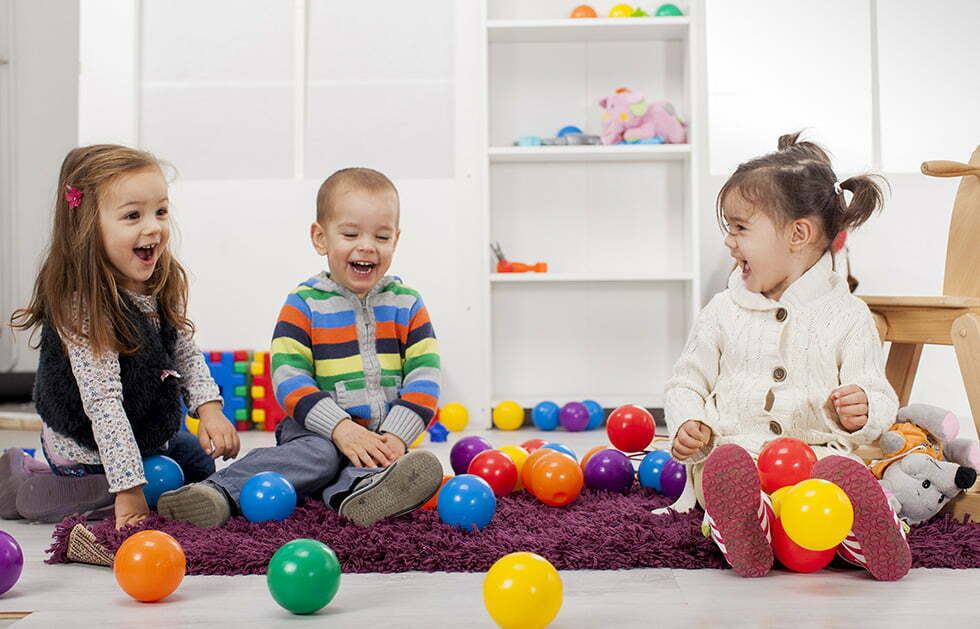Today I want to address the value of play and specifically the type of “play” there is. One of the most amazing definitions of “play” I ever found was when a friend of mine was defining it by distinguishing play from work: “Play should be called ‘work without a purpose’. It could also be called ‘activity without purpose.’ That would make work be defined as ‘activity with a purpose.’”
Isn’t that a cool definition! For work to be work you would have to have a known purpose and then causatively work towards that.
But play now! You could randomly just imagine and invent things and run and count and do all kinds of things because they bring you pleasure with no purpose at all!
Well if that is the case, then what would be the purpose of play at all? Shouldn’t all activities be directed and calculated to have a more productive life? OK … so let’s look at it.
First of all, when we play we feel happy generally. Even if it includes work such as walking, building, working out a puzzle of sorts, it is because we chose it for no real purpose at all and the win of it makes us happy! That in itself has some really strong survival potentials. A happy person is extroverted in his viewpoints, he is looking out at others and helping and creating “out there”. A sad introverted person tends to be looking in at himself, his pictures and thoughts, therefore not seeing the world outside around him as well; not as able to see trouble coming in and so not as able to avert it physically or with reason.
Secondly, in play, especially for children, we learn skills that have survival potential. Let’s for a second look at what survival potential jumping rope or playing tag has. A person is jumping, using vital muscles, increasing heart rate, boosting metabolism and oxygen in the body and strengthening bones. Tag, same thing but now you are adding some dexterity and depth perception to the game.
Let’s take board games: we are learning about taking turns, that it is OK to lose sometimes and that in fact, it is a crucial part to having a game. We learn from losing as much as we enjoy the win of winning. Often in board games we must count, read letters, words and numbers, sometimes we have to do math. These are all good survival factors.
All of the arts hone our skills and teach us better control of our bodies and our imagination, which is so important to creating a future and resolving problems.
Now let’s compare this to some of the video and computer games that are out there: the person is sitting in front of a screen for hours at a time. OK, good exercise for the typing skills and maybe some reasoning, but most of these games that I’ve seen have been violent in nature. The person is sitting there “led” for hours at a time — the rest of the body atrophying away. And the other games I’ve seen have game scenarios that are a substitute for living. Instead of going out to a soccer field to play soccer, where one would interact with a group of people, exercise their muscles and work as a team; the person is usually alone or with one other person exercising their typing and reasoning skills. Yes it is still play, as for that individual it is enjoyable and purposeless. But the quality of this sort of hypnotic play and the sort of play mentioned above have far less survival factors for the person. Maybe I am wrong and have not seen all the games out there, but the ones I have seen often bypass the person’s imagination. Even when it seems like it is leading you to use your imagination, it is limiting you in giving you only choices arising from someone else’s created imaginings. This could tend to lead down a road of robotical thinking for children.
So what is my pitch here? Well this is it: I want to encourage parents to shoo your kids out of the house to go play. Even if they have no one to play with they can find a stick to carve or a bunch of marbles to make a game with. And if more parents shooed their kids out of the house then there would be kids to play tag with. And if you provided them with jump ropes and balls they would jump rope and play catch. When the TV and computers are not available, kids will play! It is what we all do.
And at home have lots of puzzles and board games and cards around to play. And once a week have a game night with your kids where you all sit around playing the game. You can even have a story night where you pick a story you like to read. One family I know would put on plays for each other. They actually read something like Oliver Twist and each took a part or two and acted it out. Occasionally they sang or danced for each other. So much more fun than just being a spectator watching others entertain us.
Well, there it is. I’m giving myself this same advice! I don’t claim to be perfect or a saint. I totally admit that I continually need to be reminded to turn off that computer or the television. But when I do, I and my kids are always better for it.
Wishing you magic in your world,
Diane DiGregorio Norgard
Mace-Kingsley Family Center
727-442-3922

